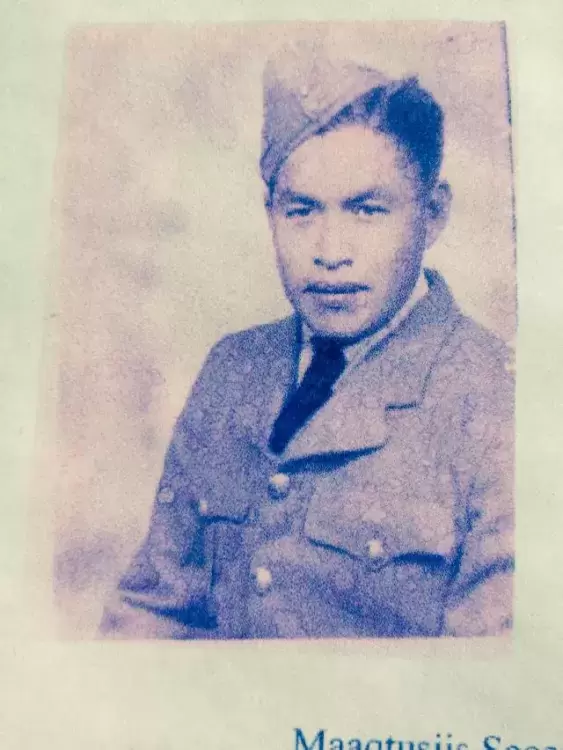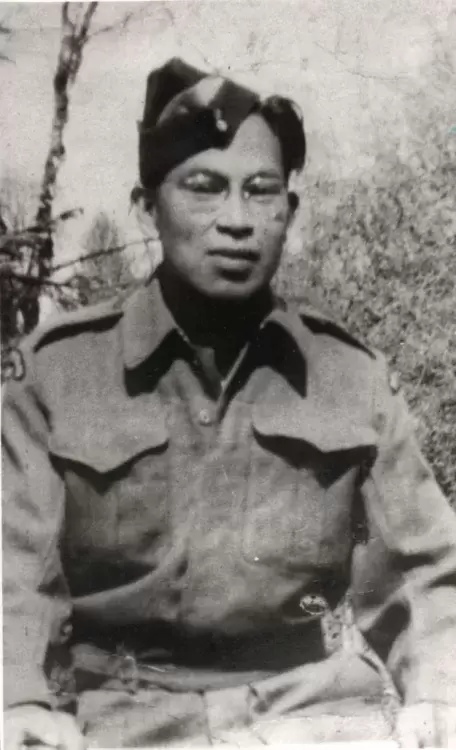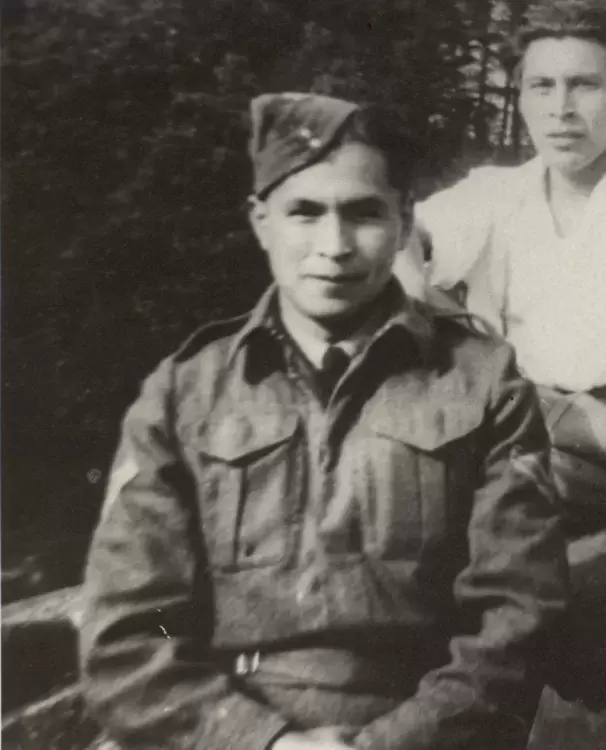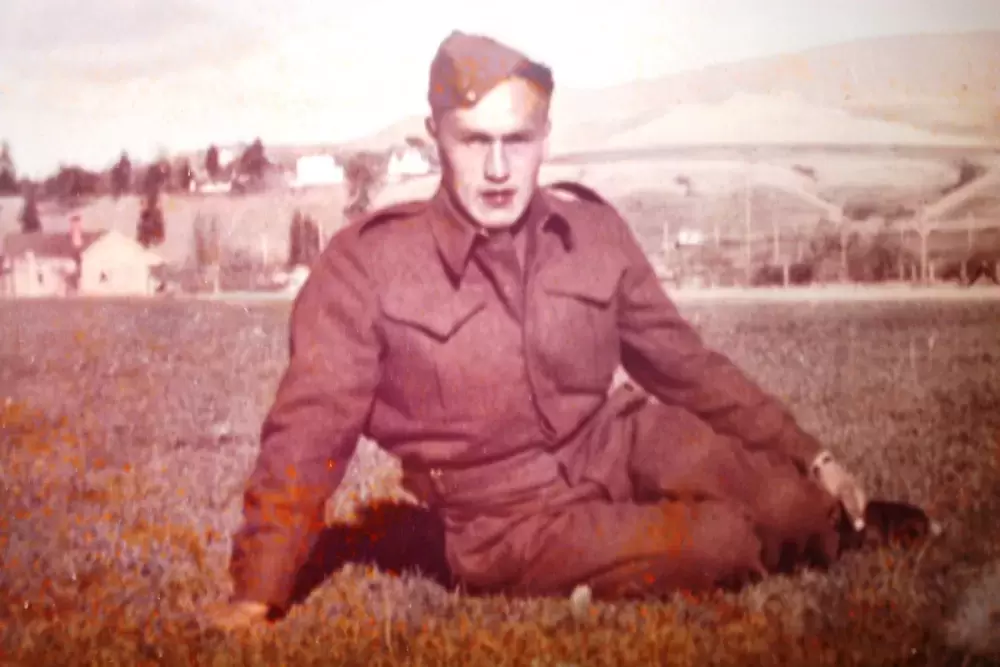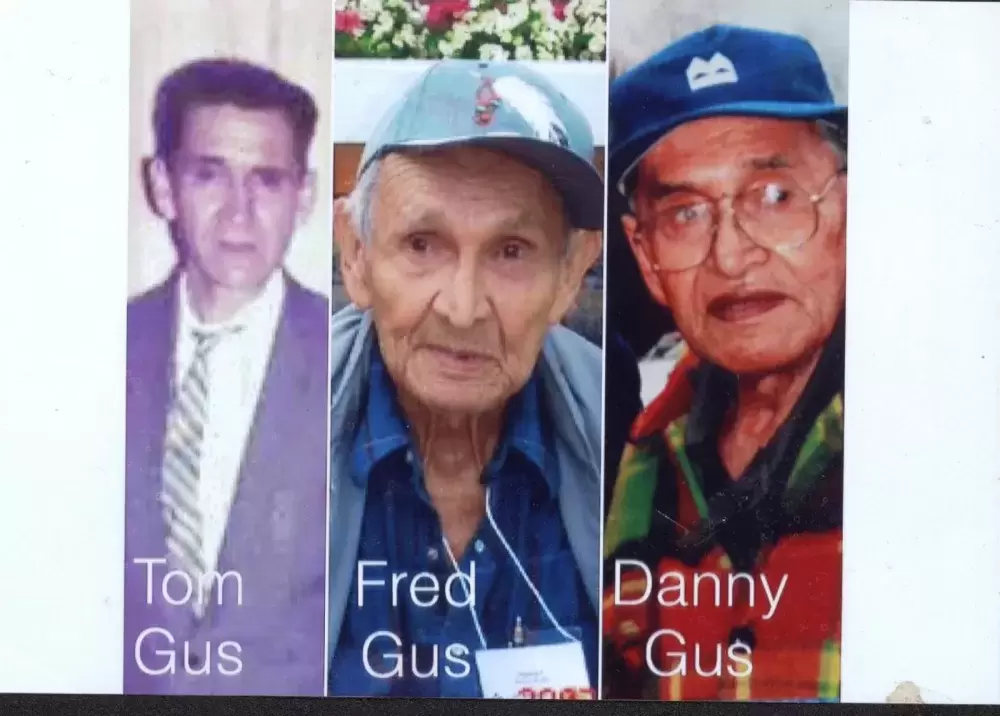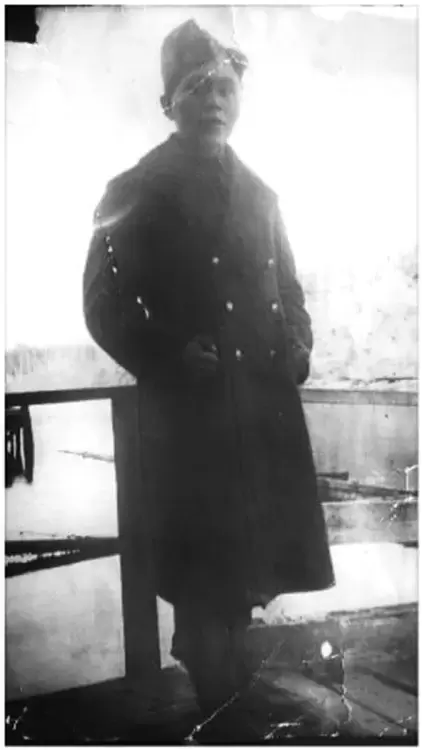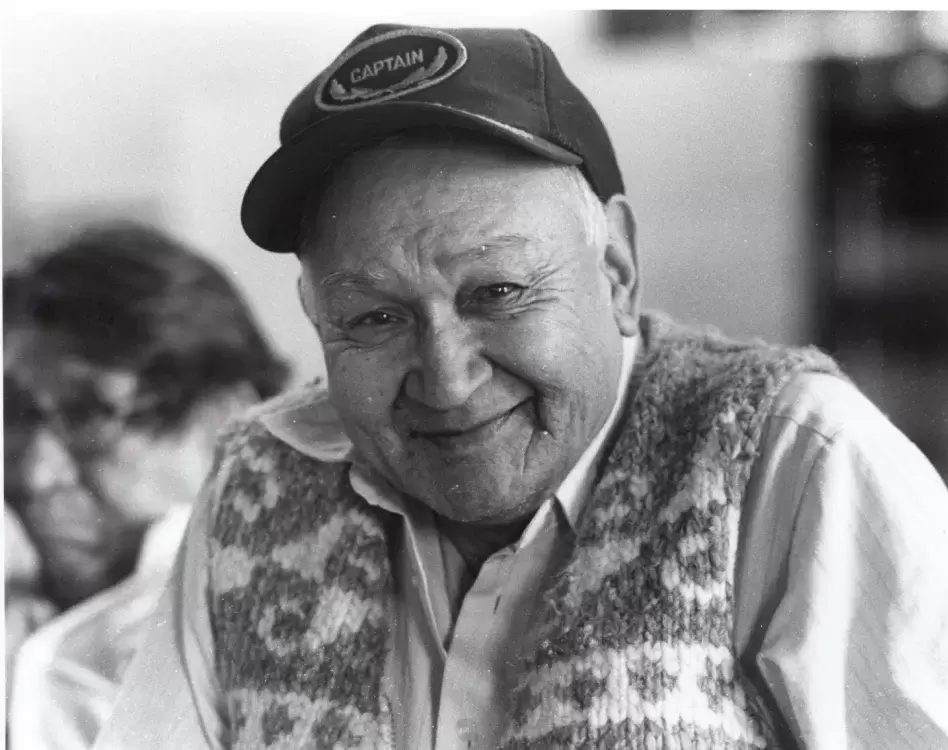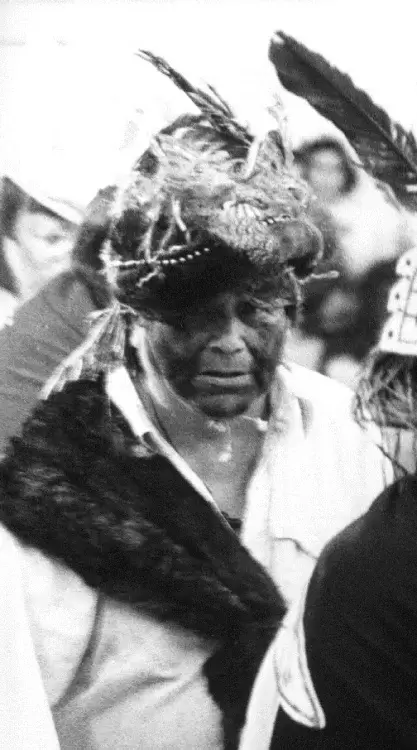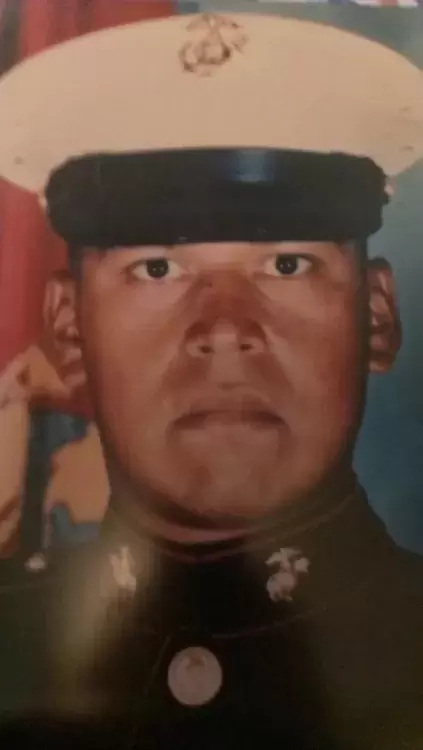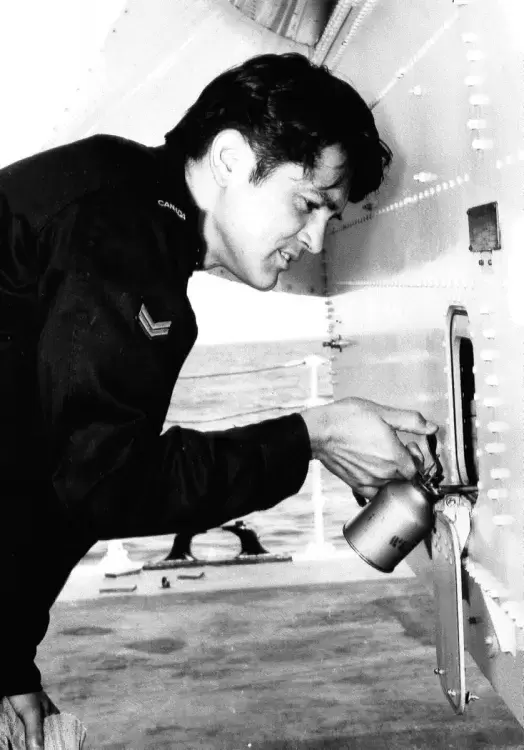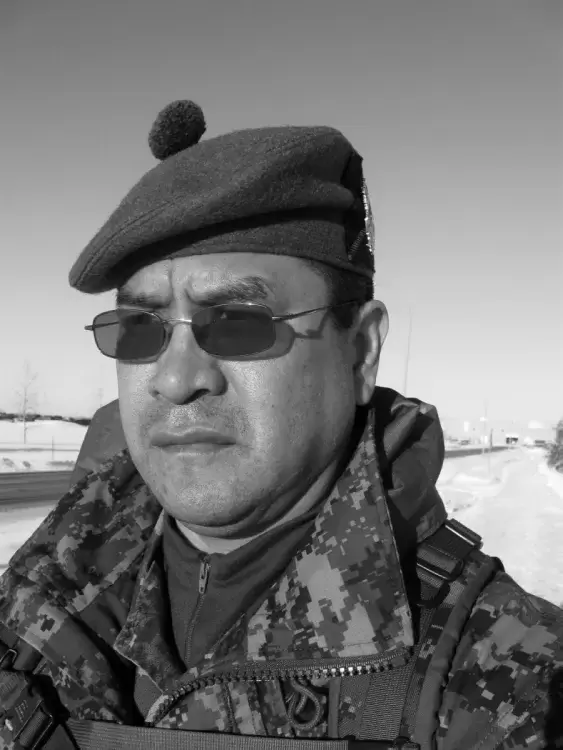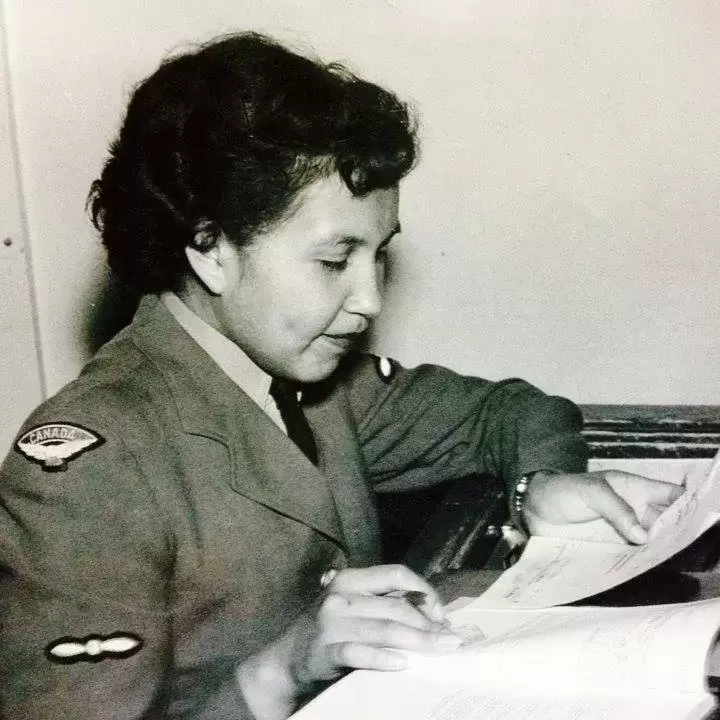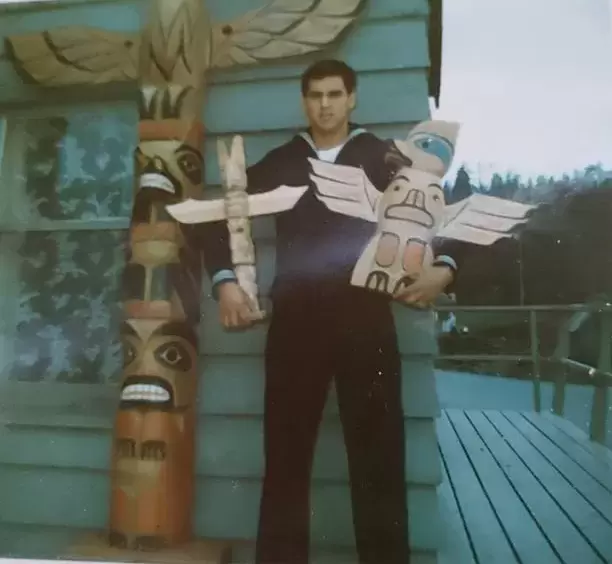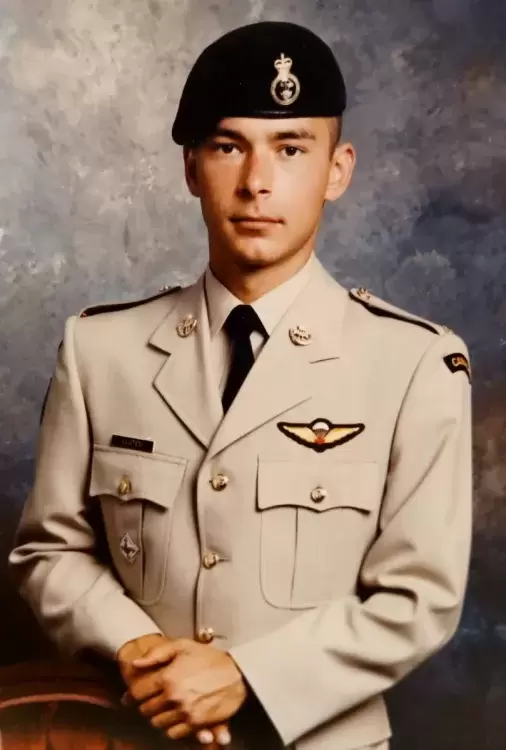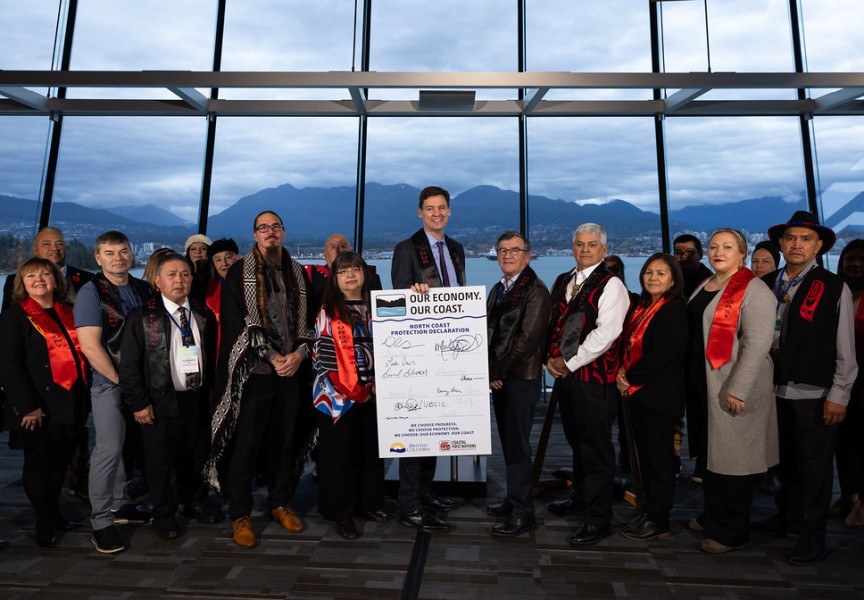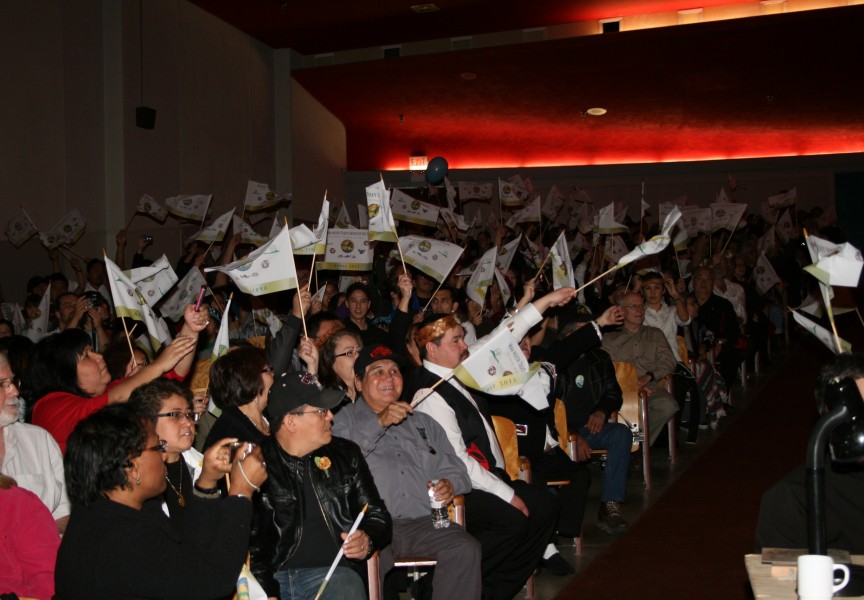This Thursday on Remembrance Day Canada pauses to recognize those who sacrificed their lives during past conflicts, but the week begins with another national day of acknowledgement today.
Each year Nov. 8 marks Indigenous Veterans Day, when Canada’s First Nations, Métis and Inuit are held up for their service in the Canadian Armed Forces.
Indigenous participation in the military pre-dates Canada itself, as First Nations and Métis fought alongside the British to ward off American invasion into what is now known as Ontario and Quebec. Since then, Veterans Affairs Canada estimates that over 12,000 Aboriginal people have served in the Canadian Armed Forces, including over 4,000 who fought in the First World War and another 3,000 First Nations members who served in uniform during the Second World War, plus an unknown number of Métis and Inuit who fought in the international conflict.
There are at least 20 Nuu-chah-nulth-aht who fought in the world wars, plus many who served in the Canadian army, navy and air force since.
For George Clutesi, the navy presented a rare opportunity when he joined at the age of 24.
“I’m a residential school survivor and we didn’t learn anything,” he recalled. “My first public school was the Gill School, and I’d ask the teacher what he meant by this or that, and he didn’t say nothing. He said, ‘Just follow along’. I didn’t pass anything but they put me in Grade 6.”
Clutesi quit school in Grade 9 to put his efforts into fishing. But with little formal education, options became limited. He enrolled in 1962, and remained in the navy for 30 years.
“I did great in the navy,” reflected the Tseshaht member. “They weren’t strict about education.”
Clutesi travelled all over the Pacific Ocean, but was stationed for most of his career in Victoria.
“I was looking after a missile launcher and a variable-depth sonar, which are both run by electronics, so I had quite a bit of hydraulic training,” he said. “They didn’t even care that I quit school in Grade 9.”
He also taught in the Navy, including a three-year stint at a boot camp in Halifax. The opportunity allowed him buy a house in Victoria, where he and his wife had three children.
Clutesi believes that the navy can still bring valuable experience for young people.
“It could be good for a young kid for at least five years,” he said. “You’d learn that nothing is going to come for free, and you have to listen to people.”
As Nov. 11 approaches the Ha-Shilth-Sa has compiled the following list of war veterans:
- Jack (John) Watts, Tseshaht
- Frank Williams, Checklesaht/Ahousaht
- Tim Paul Sr., Hesquiaht
- Earl Maquinna George, Ahousaht
- Edward Clutesi, Tseshaht
- Ramona Gus, Tseshaht
- Phillip Louie Sr, Ahousaht
- John Jacobson, Ahousaht
- George Clutesi Jr, Tseshaht
- Tom Gus, Tseshaht
- Fred Gus, Tseshaht
- Danny Gus, Tseshaht
- Angus Campbell, Ahousaht
- Thomas Jones, Nuu-chah-nulth
- M. Amos, Hesquiaht
- J. George, Hesquiaht
- Andrew Webster Sr., Ahousaht
- Frank Charlie, Tla-o-qui-aht
- Luke Mahone, Ditidaht
- George Hamilton, Hupacasath
- Theodore George, Ahousaht
- Victoria Nancy Joe-Mack, Toquaht
- Henry Vincent Thomas, Tseshaht,
- Jerid Clutesi, Tseshaht
If you know of a Nuu-chah-nulth war veteran who is not included in this list, or who you would like recognized as part of Indigenous Veterans Day or Remembrance Day, please contact Ha-Shilth-Sa at 250-724-5757.

